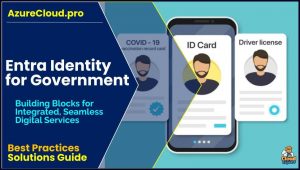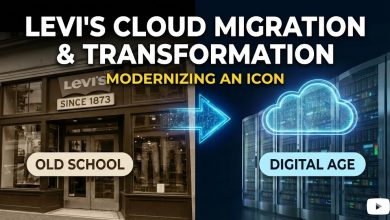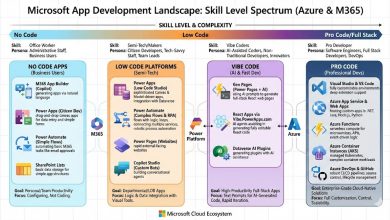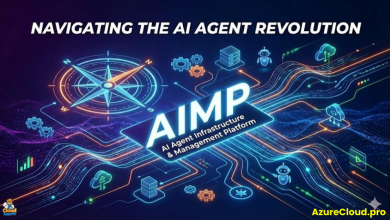Entra Verified ID as a Platform for Building Digital Learning Credential Ecosystems
Identity can provide the foundation for digitizing the entire ecosystem and lifecycle of educational and employment stakeholders.
 Microsoft Entra provides a powerful platform for public sector digital identity needs.
Microsoft Entra provides a powerful platform for public sector digital identity needs.
Education is a key scenario, where it can be used to not only empower academic institutions to digitize their learning credentials, but by doing so also set the foundations for securing and improving the industry workflows that utilize them.
This case study for England’s Department for Education (DfE) demonstrates how they faced major obstacles with regards to its further education providers application process, and addressed them with Entra Verified ID.
Empowering Lifelong Learning
Working with Microsoft partner Methods, the DfE used Microsoft Entra Verified ID to verify student credentials while respecting the DfE’s rigorous privacy practices. The department set out to provide each student with a single identity that tracks their entire academic career.
Despite the DfE’s vast trove of data about students, administrators have struggled against the inefficiencies created by keeping data in multiple siloed systems. With the solution, students can apply to programmes in minutes instead of days, and it has cut down application verification times from weeks to hours. The department’s prototype credential system using Verified ID promises to optimise possibilities for young learners.
After consulting with students to find out what data would be most useful, the DfE team used SDK tools from Microsoft to develop a prototype digital wallet for student use. The wallet is branded with the government crown symbol, clarifying that the DfE, not a commercial enterprise, controls the system for heightened user trust.
Next, standardising on a single student information system for all universities in the United Kingdom’s system could amount to £300 million in cost savings.
Digital Learning Credentials Ecosystem
These technologies enable the development of a partner ecosystem for encoding, authenticating and sharing digitized academic credentials. These systems allow employers, educational institutions, and other relevant parties to verify the authenticity of digital certificates quickly and efficiently.
For example organizations like MyCreds.ca serve as a platform for managing and verifying educational achievements, where employers and educational institutions can verify the authenticity of academic certificates, and students can easily share their credentials with just a few clicks, enabling three million learners across the country to access and share their official digitized post-secondary transcripts and credentials online – anytime, anywhere.
These ecosystems are formed through the core building blocks of:
- Digital Certificates: The electronic counterparts of traditional paper certificates, containing all the necessary information about a student’s academic achievements, encrypted to prevent tampering.
- Verification Systems: These systems allow employers, educational institutions, and other relevant parties to verify the authenticity of digital certificates quickly and efficiently.
- Credential Wallets: Digital platforms where students can store and manage their academic credentials securely, and allow them to share their credentials with employers or educational institutions conveniently.
Securing Employee Certifications
The value of this ecosystem approach is demonstrated by how employers also benefit, able to validate the skills of potential employees in a faster, more secure manner.
HR departments are getting overwhelmed with outdated, manual processes that are not responsive to business needs and may introduce significant liabilities to the organization if employees or contractors are not representing their qualifications accurately. There is also an issue of fraudulent certifications.
Traditionally, people shared their personal information via physical documents upon being hired. With Entra Verified ID, every user can be authenticated for every task they perform across many credentials, such as professional licensing and employment history. By transforming from a “paper trail” to a digital platform that secures data, records and transactions, organizations can move verification into a real time exercise.
This use case is demonstrated in this webinar, co-presented by Oxford Computer Group and Credivera, where they demonstrate how they are utilizing Microsoft Entra to support workers with verified credentials to remove cost, risk, and complexity in the HR and IT departments.
Other Credivera partners include We Know Training, who have launched VerifiableCredentials.ca, to offer employers an LMS (Learning Management System) that can deliver industry skills training which then issues these verified credentials-based training certificates.



